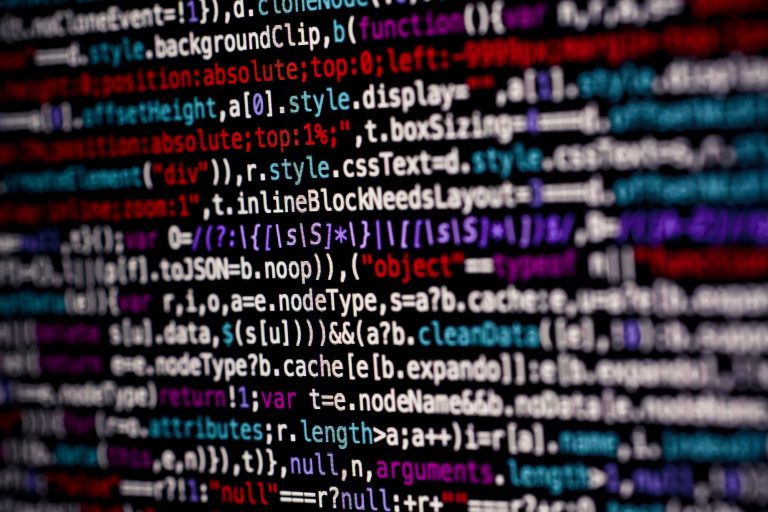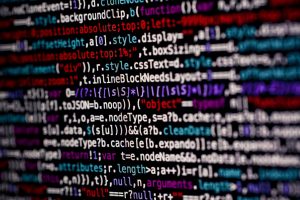When the melody of a bell rings out in a school, it marks transition—a shift from one activity to another. Typically, a break bell signals the end of an intense learning session, and the beginning of a period of relaxation and rejuvenation for students. This function is especially critical during examination periods when the stress levels among students are notably high. But what happens when the break bell rings in the midst of an examination? In this event, the examination is left to continue the next time. Such a break can influence students, teachers, and the examination process in numerous ways.
To commence, it’s crucial to consider what a sudden interruption like this does to the students’ concentration and psyche. Examinations often induce heightened stress levels, and having an exam unexpectedly paused can arguably foster uncertainty and anxiety among students. They might find themselves worrying about their performance or the unpredictable timing of the examination resuming, which can impede their focus and productivity.
Contrarily, students might view the situation as a respite permitting them to rest and recollect their thoughts. Yet, the ethics of this benefit is questionable since it inadvertently gives students more time to prepare or ponder over their responses, which may not reflect their true knowledge or understanding under regular examination conditions.
From the teachers’ perspective, such pauses pose logistic and administrative hassles. Continuing an examination after a break can be challenging because it includes observing students to prevent cheating, securing the examination papers during the break, and adjusting the academic calendar to cater to the deferment.
Lastly, the integrity of the examination process may be compromised. Since exams are designed to evaluate a student’s understanding and knowledge within a set time frame, delaying completion could potentially skew the results.
In summary, ringing the break bell during an exam to signal break time may cause the examination to continue next time, impacting students’ mental states, presenting logistical challenges for teachers, and potentially undermining the fairness of the examination process. To avert such scenarios, careful planning and efficient management of examination schedules are needed to ensure minimal disruptions.













